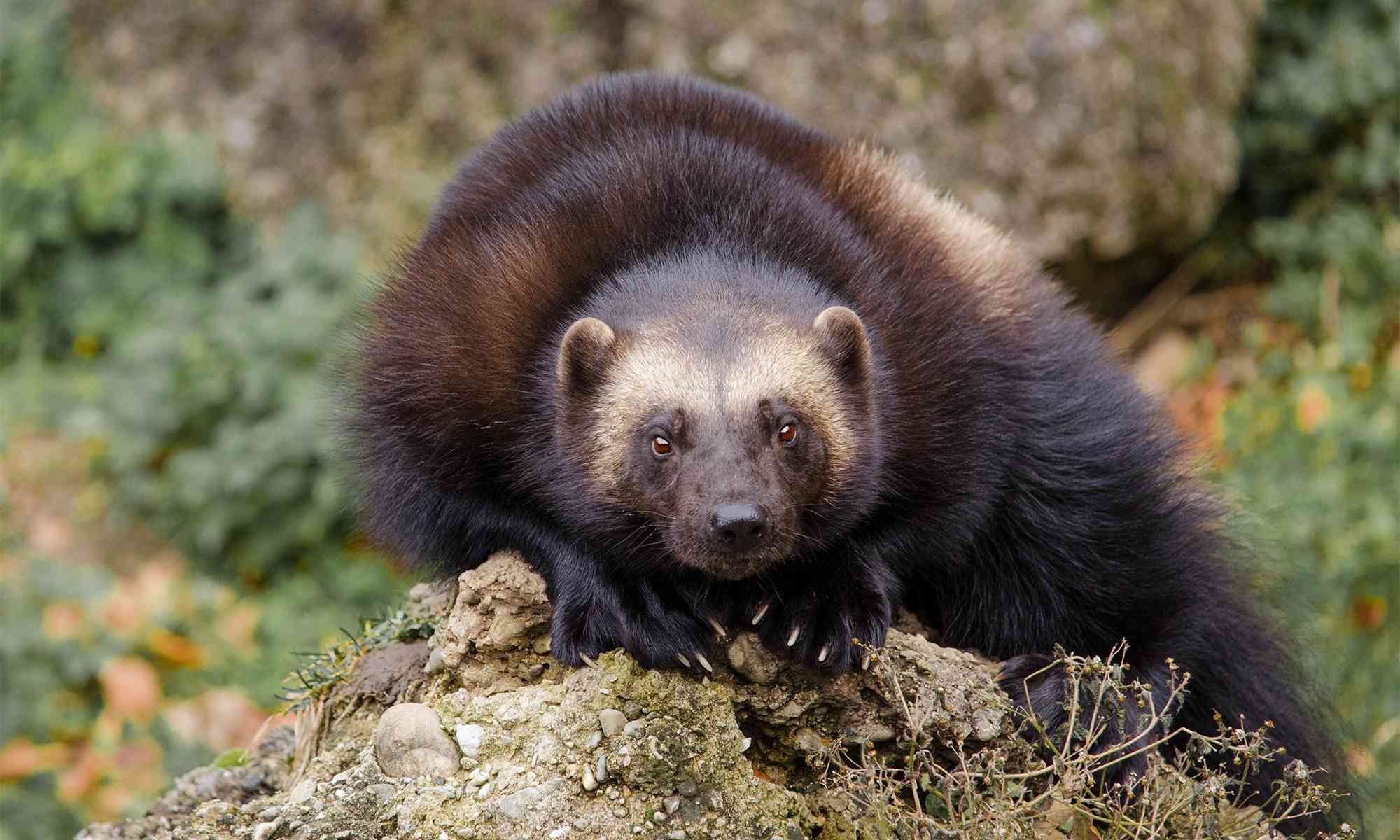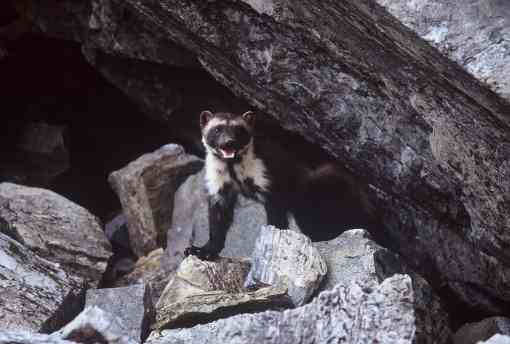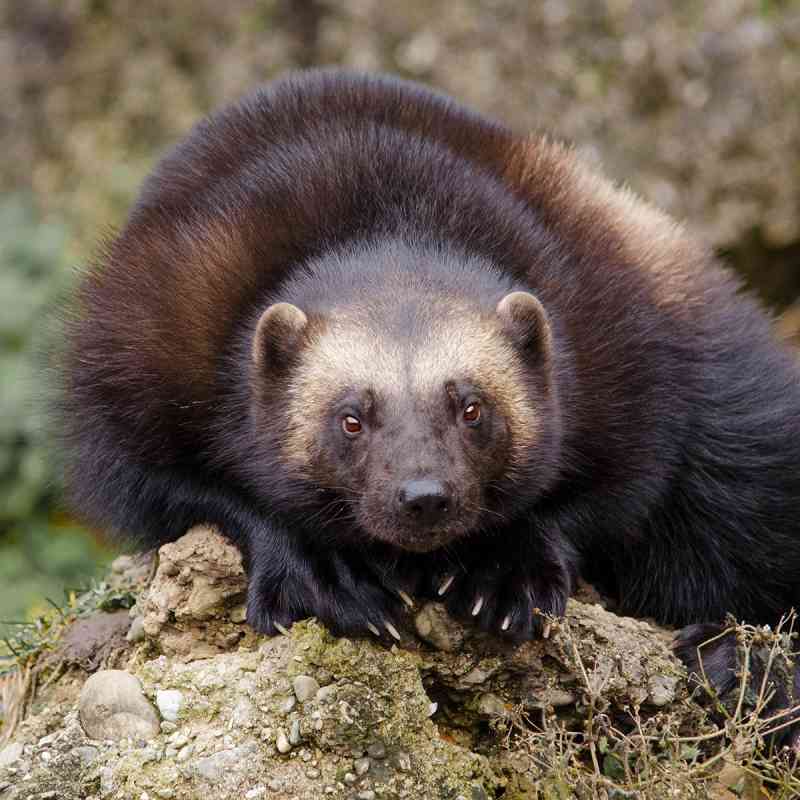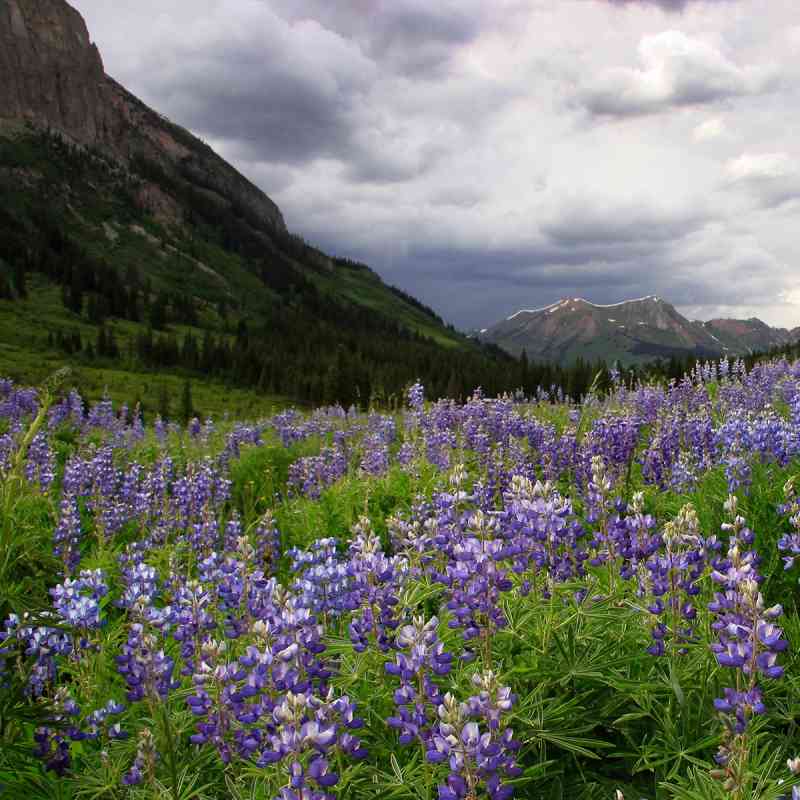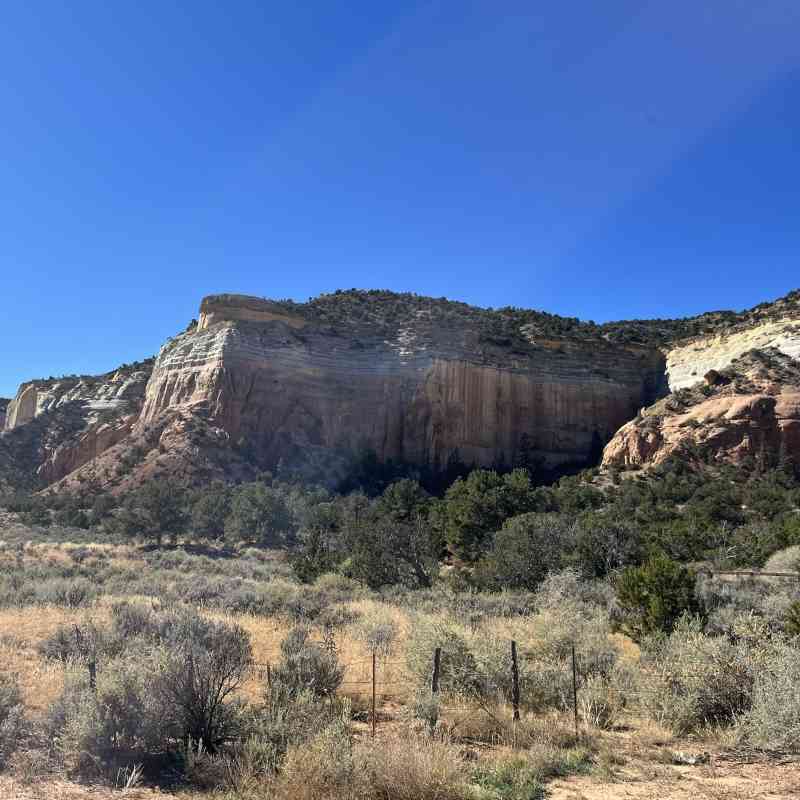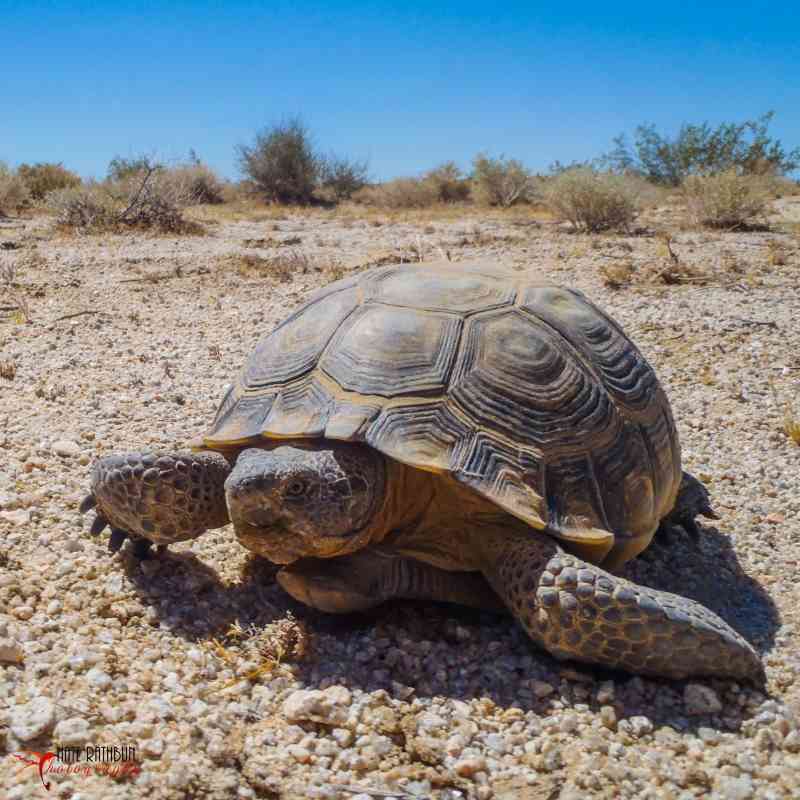On Monday, March 4, Colorado legislators took a first step towards safeguarding the future of the North American wolverine in the lower 48 United States with the introduction of a bill that would authorize the reintroduction of the species to the Colorado mountains. Senate Bill 24-171 is set to kickstart the animal’s reintroduction into the state following the establishment of Endangered Species Act protections in late 2023.
"The tenacious wolverine can thrive by scavenging in a harsh world of snow and ice but is defenseless against the looming threat of human-caused climate change and loss of snowpack,” said Michael Saul, Rockies and Plains program director for Defenders of Wildlife. “That’s why it’s so important for the survival of the species that Colorado moves forward with returning these animals to the high mountains of the state, where we can help give them a fighting chance at survival.”
Existing state law requires legislative action before Colorado Parks and Wildlife can start reintroduction of the wolverine, or any ESA-listed species. Sponsored by Senators Perry Will and Dylan Roberts and Representatives Barbara McLachlan and Tisha Mauro, the bipartisan bill would authorize the state to begin this work, allocating $750,000 from the Species Conservation Trust Fund. Actual reintroductions can only begin once the Fish and Wildlife Service passes a Section 10(j) rule, declaring reintroduced Colorado wolverines as a non-essential experimental population and establishing distinct rules for their management.
“We see this legislation, overall, as a step towards securing a resilient future for these fascinating, snow-dependent creatures,” said Saul. “We look forward to working with Colorado Parks and Wildlife and the U.S. Fish and Wildlife service to ensure a timely, science-based rulemaking that allows this critical restoration effort to move forward.”
With likely fewer than 325 wolverines remaining in the lower 48, the species faces several threats. Following eradication from much of their range through 20th century trapping and poisoning, they now face threats from habitat fragmentation, increased human use of the backcountry and the overwhelming loss of snowpack due to climate change. Wolverines rely on hard-packed snow throughout the winter to store food and dig dens for raising young. Stress from shrinking snowfall is a huge contributor to declining mating numbers.
“Defenders of Wildlife applauds the state of Colorado for once again setting an example for the nation in restoring native wildlife,” said Saul. “Defenders has fought for decades to ensure wolverines get the legal protections they deserve, and we are excited to work with Colorado Parks and Wildlife and others to ensure a successful, science-based return of these alpine survivors to the Colorado high country.”
Defenders and its allies have fought for the wolverine for 20 years. The animal was listed as threatened under the Endangered Species Act in 2023, following six rounds of successful litigation dating back as far as 2000.
For over 75 years, Defenders of Wildlife has remained dedicated to protecting all native animals and plants in their natural communities. With a nationwide network of nearly 2.1 million members and activists, Defenders of Wildlife is a leading advocate for innovative solutions to safeguard our wildlife for generations to come. To learn more, please visit https://defenders.org/newsroom or follow us on X @Defenders.
